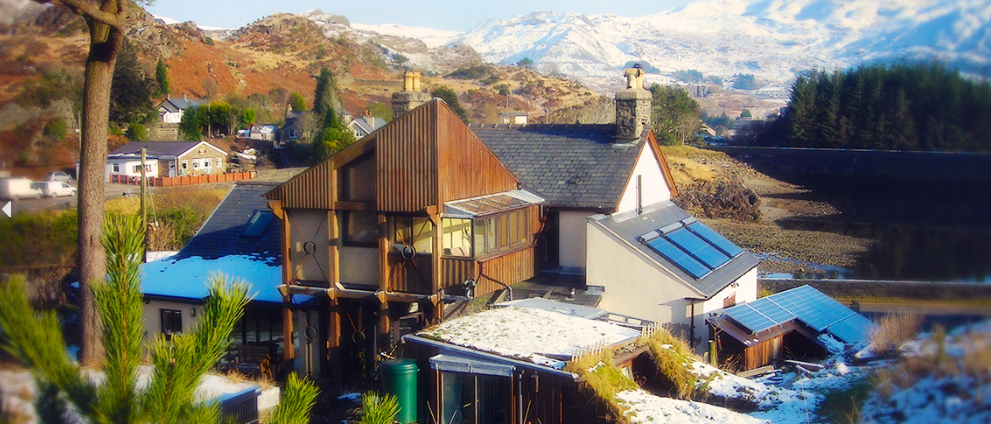The Greek company Avra Tours has signed an agreement with the Green Key National Operator in Greece to reduce the environmental footprint of its transports and excursions to the minimum.
Avra Tours has now a new green strategy, aligned with the Green Key sustainable standard. The company, which is the largest Greek inbound tour operator in the country, has entered an agreement with The Hellenic Society for the Protection of Nature, the body responsible for the Green Key programme management in Greece.
The collaboration agreement was officialised by Avra Tours CEO Ioannis L. Dimitriadis and the President of the Board of Directors of HSPN, Nikolaos G. Petrol, also Vice President of the Foundation for Environmental Education (FEE). In a joint statement, both parties manifested their commitment and hope on this agreement, aligning with UN goals. They also emphasised the importance of joining synergies to create short and long term results for the tourism industry.
Avra Tours is further compromising to become the first Greek tour operator with the smallest environmental footprint on excursions and transports as part of this partnership. To achieve this goal, the Greek operator will offset its carbon footprint through the FEE Global Forest Fund, helping plant trees and educating new generations to become more sustainable in the near future.
Additionally, Avra Tours will also have stricter criteria for partnerships by only working with organisations and destinations actively engaging in sustainability practices or strategies. The Greek tour operator aims to encourage the businesses it collaborates with to reduce its environmental impact.









